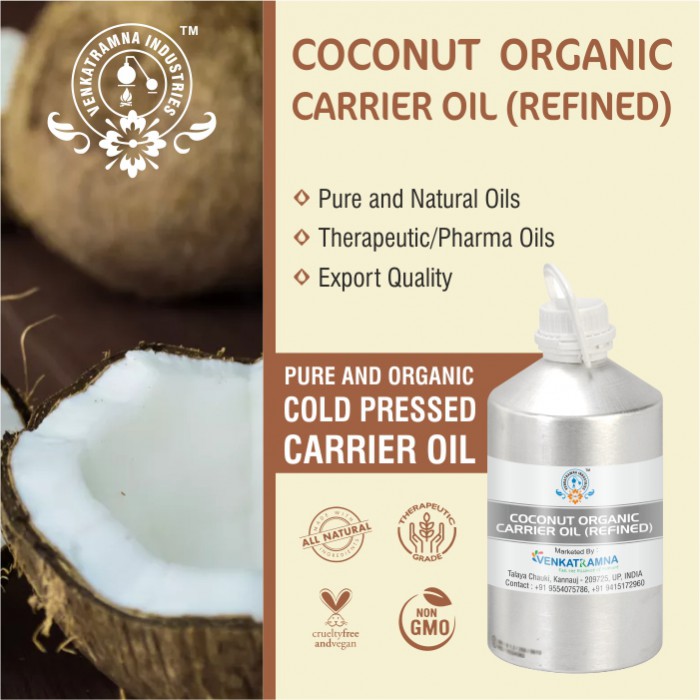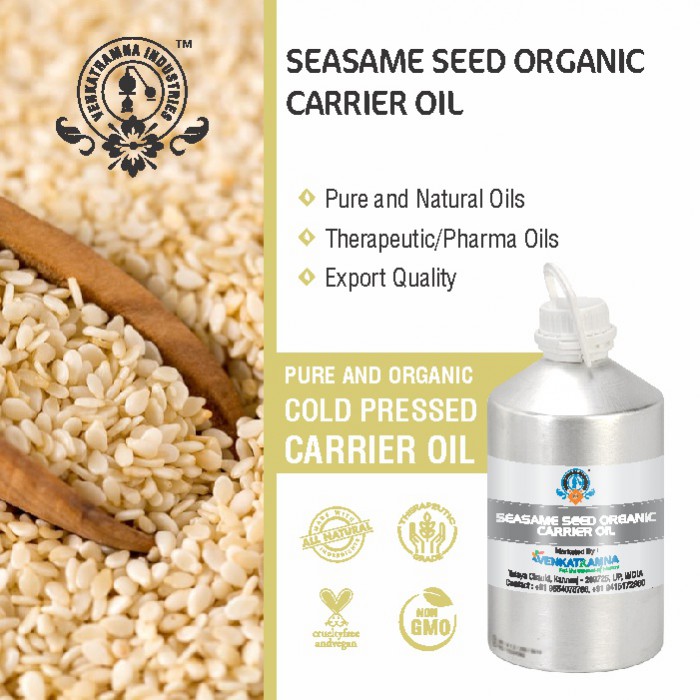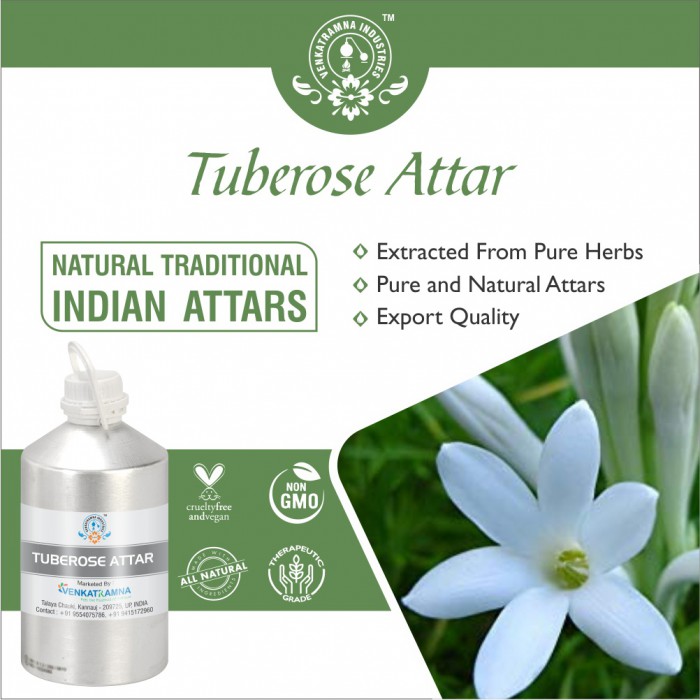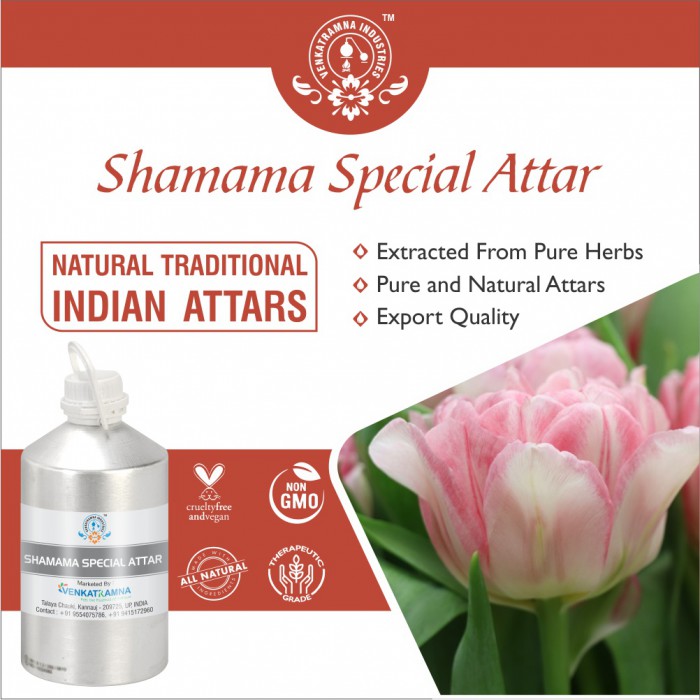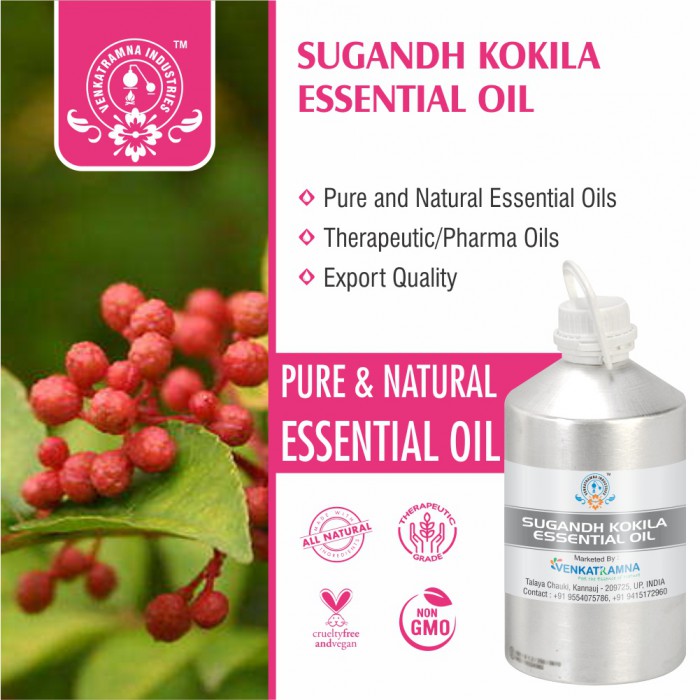Botanical Name: Juniperus virginian Common name: Red cedar, eastern red cedar Read More
|
Botanical Name: |
Juniperus virginian |
|
Common name: |
Red cedar, eastern red cedar |
|
Plant family: |
Cupressaceae |
|
Genus: |
Juniperus |
|
Appearance/Color: |
Golden yellow to
orange or brown liquid. |
|
Odor: |
A middle note of
strong aroma, this oil has a sweet and woody scent, and sometimes reminiscent
of sandalwood. It is softer than that of cedarwood Atlas, but stronger than
that of cedarwood Texas. |
|
Blends With: |
Rosewood,
bergamot, cypress, cassia, jasmine, juniper, neroli, labdanum, frankincense,
clary sage, Vetive, rosemary, ylang-ylang |
|
Origin |
USA |
Cedar trees in general have a
long history of use for furniture and buildings as well as in various herbal
remedies and aromatherapy preparations. According to the Old Testament, King
Hiram of Tyre sent cedar wood from Lebanon to King Solomon for the construction
of the Temple in Jerusalem. Cedar wood has also been used for centuries to line
closets or make chests to protect clothing from moths. The fragrant wood was
also used by Native Americans as well as the ancient Egyptians, Greeks, and
Romans as an ingredient in incense blends.
Cedarwood Virginian essential oil
is known botanically as Juniperus virginiana, and strictly speaking this
species is not considered a true cedar.
As the botanical name would
suggest, it is part of the genus Juniper, which belongs to the Cupressaceae
family.
There are several ‘cedarwood’
essential oils extracted from trees of the Cupressaceae family and traded in
commerce, but these oils are not as commonly used in aromatherapy as the
familiar ‘atlas’ and ‘virginian’ types. For example, Chinese cedarwood (Juniperus
funebris), Texas cedarwood (Juniperus ashei) and Himalayan
cedarwood (Cedrus deodara) are all used in the fragrance
industry, but for various reasons they are not commonly used therapeutically.
Throughout history, Cedarwood Essential Oil has been used by various cultures, such as Native American and Tibetan communities, to address ailments ranging from minor discomforts, including coughs and hiccups, to more severe illnesses. In Ancient Egypt, Cedarwood Oil’s antimicrobial and insecticidal properties made it valuable for use in mummifying procedures. In these and other societies, Cedarwood was also known to relax the body and mind, making it ideal for use in religious ceremonies and spiritual practices, such as communal prayer and independent meditation. Today, it continues to be used for similar applications as well as for cosmetic applications.
DISCLAIMER
The complete range of conditions
or methods of use are beyond our control therefore we do not assume any
responsibility and expressly disclaim any liability for any use of this
product. Information contained herein is believed to be true and accurate however,
all statements or suggestions are made without warranty, expressed or implied,
regarding accuracy of the information, the hazards connected with the use of
the material or the results to be obtained from the use thereof. Compliance
with all applicable federal, state, and local laws and local regulations
remains the responsibility of the user.
The FDA has not evaluated the
statements on this website. No claims are made by Venkatramna Industries as to
the medicinal value of any products from vriaroma.com or by us. The information
presented here is for educating our customers about the traditional uses of
essential oils and is not intended to diagnose, treat, cure, or prevent any
disease. You are responsible for understanding the safe application of these products.
If you have any questions, please call or email us for further information.
As per NAHA guidelines, New Directions Aromatics
(NDA) does not recommend the ingestion of essential oils. It is imperative to
consult a medical practitioner before using Essential Oils for therapeutic
purposes. Pregnant and nursing women and those taking prescription drugs are
especially advised not to use this product without the medical advice of a
physician. The oil should always be stored in an area that is inaccessible to
children, especially those under the age of 7.
Cedarwood Essential Oil is steam
distilled from the wood of the Cedar tree, of which there are several species,
such as Cedrus atlantica, Cedrus deodara, Juniperus Mexicana (Juniperus
ashei), and Juniperus virginiana, which are more
commonly recognized as Atlas, Himalayan, Texan, and Virginian Cedarwood,
respectively.
Used in aromatherapy applications,
Cedarwood Essential Oil is known for its sweet and woody fragrance, which has
been characterized as warm, comforting, and sedative, thus naturally promoting
stress relief. Cedarwood Oil’s energizing scent helps to deodorize and freshen
indoor environments, while also helping to repel insects. At the same time, its
anti-fungal properties help prevent the development of mildew. Its invigorating
quality is known to improve cerebral activity, while its calming property is
known to relax the body, and the combination of these properties helps to
enhance concentration while decreasing hyperactivity. The soothing scent of
Cedarwood Essential Oil is reputed to reduce harmful stress and ease tension,
which in turn promotes the body’s rest, helps to clear the mind, and
subsequently encourages the onset of quality sleep that is both restorative and
reparative.
Used cosmetically on the skin,
Cedarwood Essential Oil can help soothe irritation, inflammation, redness, and
itchiness, as well as dryness that leads to cracking, peeling, or blistering.
By regulating sebum production, eliminating acne-causing bacteria, and
exhibiting a protective astringent property, Cedarwood Oil is reputed to guard
the skin against environmental pollutants and toxins, thus helping prevent or
reduce the chances of future breakouts. Its antiseptic and anti-bacterial
properties help to eliminate unpleasant odors, making it an effective
deodorizer, and its firming quality helps reduce the appearance of the signs of
aging, such as loose and wrinkling skin.
Used in hair, Cedarwood Oil is
known to cleanse the scalp, removing excess oil, dirt, and dandruff. It
enhances circulation to the scalp and tightens the follicles, which helps
stimulate healthy growth and thereby helps reduce thinning by slowing hair
loss.
Used medicinally, Cedarwood
Essential Oil’s antiseptic properties are reputed to protect the body against
harmful bacteria that are known to cause fungal infections, which can be
destructive to the skin and general health. This natural wound-healing quality
makes Cedarwood Oil ideal for application to scrapes, cuts, and other abrasions
that require disinfecting. Its anti-inflammatory property makes it well-suited
to addressing the discomforts of muscle aches, joint pain, and stiffness, while
its antispasmodic property helps to soothe not only coughs but also spasms
associated with digestion, respiratory ailments, nerves, and menstruation. As a
tonic for overall wellness, Cedarwood Oil is known to support the health and
function of the organs, especially the brain, liver, and kidney.
Cedarwood Oil is reputed to
exhibit an emmenagogue property that regulates menstruation by naturally
stimulating circulation, thus benefitting women who suffer from irregular
cycles.
COMMON USAGE
·
Regulates digestion
·
Effective diuretic
·
Powerful antioxidant
·
Effective in treating cramps
·
Antimicrobial
·
Acts as an astringent
·
Use as an insect repellent.
·
Relieves symptoms of seborrhea
·
Prevents infections
·
Reduces inflammation
·
Relieves spasms
·
Health tonic
·
Acts as an astringent
·
Promotes urination
·
Stimulates menstruation
·
Sedative effect
Ingredients:
|
S.No |
Key Constituents |
Strength (%) |
|
1 |
a-cedrene |
21.1-38.0 |
|
2 |
Thujopsene |
21.3-23.4 |
|
3 |
cedrol |
12.3-22.2 |
|
4 |
b-cedrene |
8.2-9.2 |
|
5 |
a-selinene |
3.0 |
|
6 |
Widdrol |
1.9-2.3 |
|
7 |
b-himachalene |
2.1 |
|
8 |
b-chamigrene |
1.4-1.8 |
|
9 |
a-chamigrene |
1.6 |
|
10 |
Cuparene |
0.9-1.6 |
TOXICOLOGICAL
INFORMATION
Safety Summary
·
Hazardous No Data
·
Contraindications Not Known
Organ Specific Effects
·
Adverse skin reactions: undiluted Texan
cedarwood oil was not irritating to rabbits, pig or mouse skin; tested at 8 %
on 25 volunteers it was neither irritating nor sensitizing. The oil is
nonphototoxic (opdyke 1976 p. 711-712). One case has been reported of an
eczematous reaction to traces of cedarwood oil, probably a mixture of oils of
juniperus ashei and juniperus virginiana.
Systemic Effects
·
Skin corrosion / irritation: No
additional data available.
·
Serious eye damage / irritation: No
additional data available.
·
Respiratory or skin sensitization No additional
data available.
·
Germ Cell Mutagenicity: No additional
data available.
·
Carcinogenicity: No additional data
available.
·
Reproductive toxicity: No additional data
available.
·
STOT-single exposure: No additional data
available.
·
STOT-repeated exposure: No additional
data available.
·
Aspiration hazard: No additional data
available.
·
Photo-toxicity: No additional data
available.
ECOLOGICAL
INFORMATION
·
Toxic to aquatic organisms, may cause long-term
adverse effects environment. Avoid any pollution of ground, surface or
underground water.
·
Persistence and degradability: No Data
Available.
·
Bio-accumulative potential: No Data
available.
·
Mobility in soil Unknown


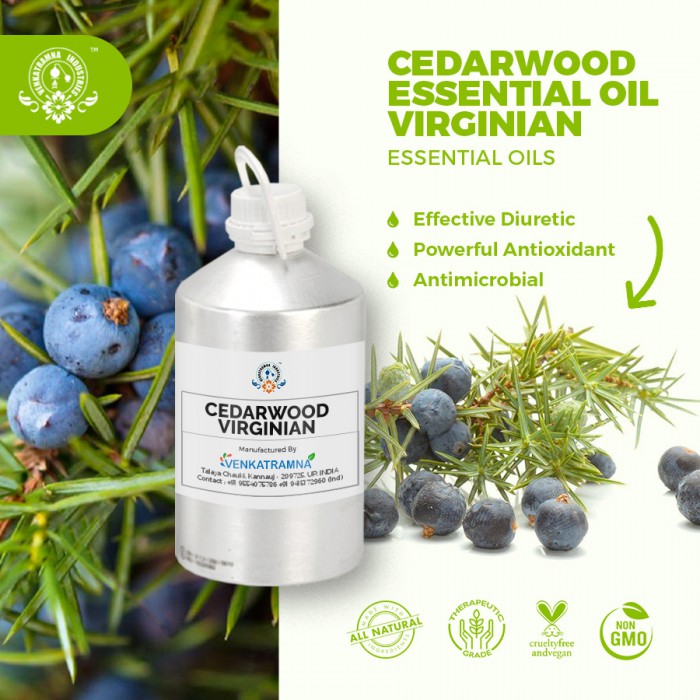
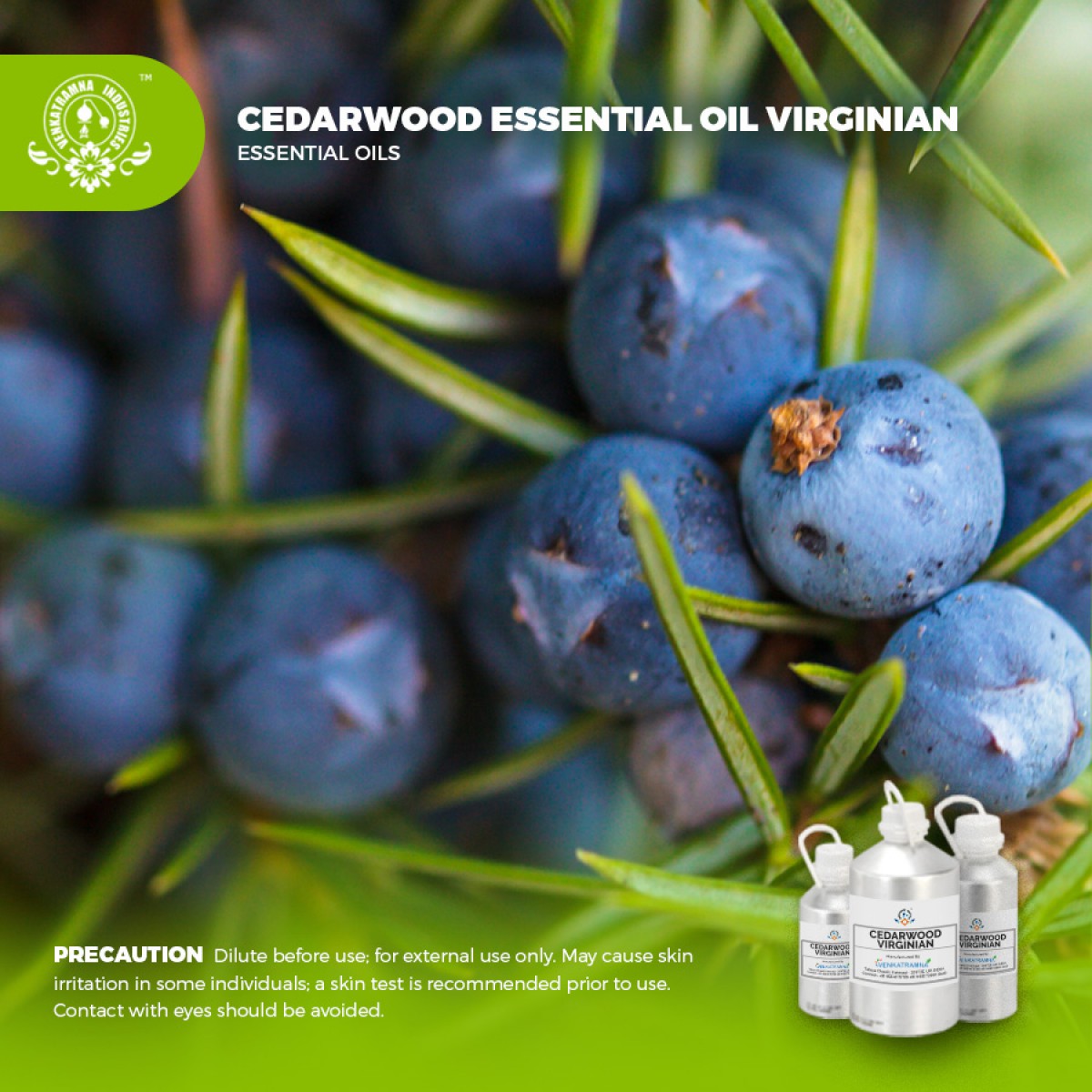

 MSDS-Cedarwood3.pdf
MSDS-Cedarwood3.pdf